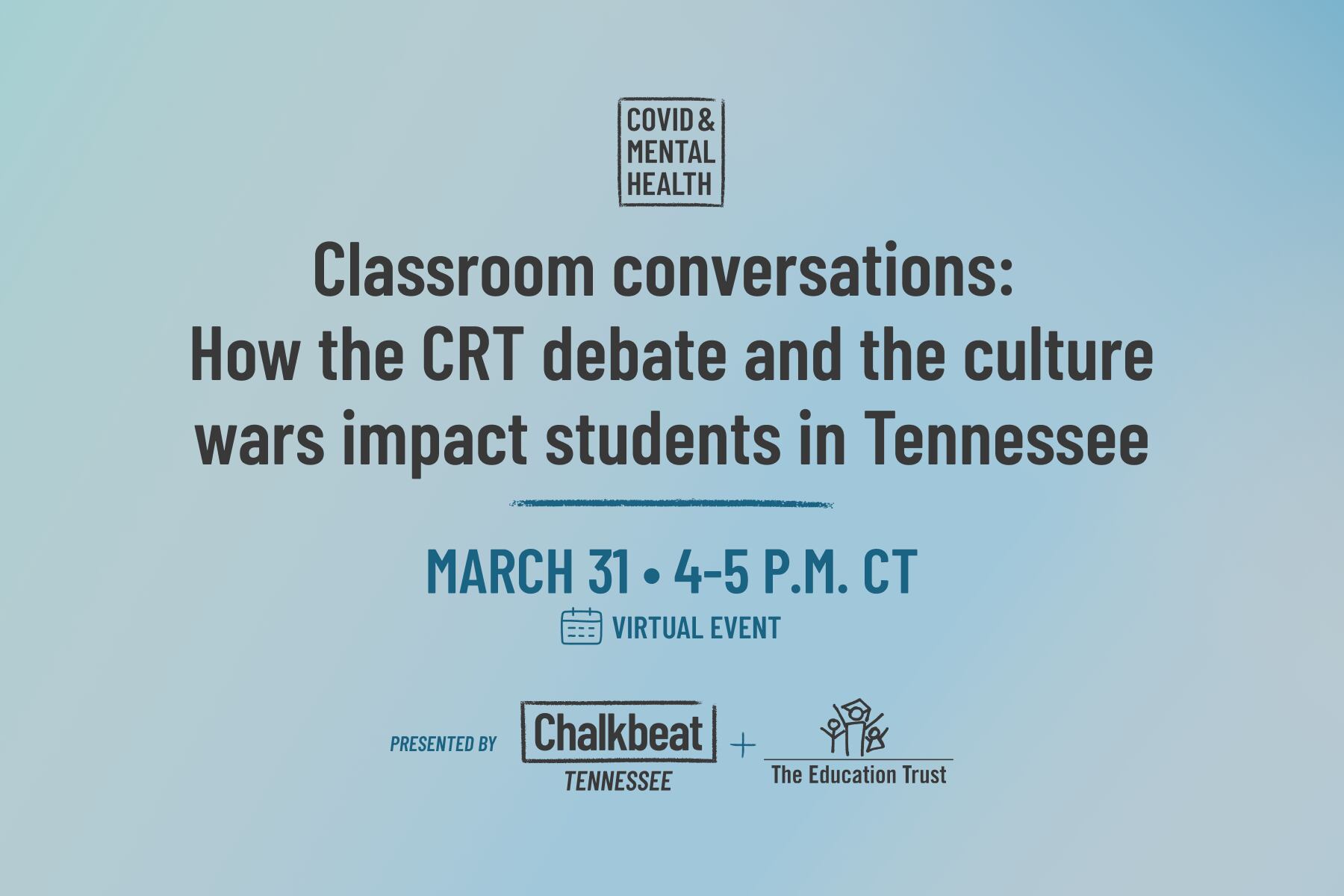Across the country, new laws targeting critical race theory and debated books are influencing the small but pivotal decisions educators make every day: how to answer a student’s question, what texts to read as a class, and how to prepare for a lesson.
Eight states now have widely varying laws restricting how schools can teach about racism and sexism. And recently, several state legislators have passed or proposed curriculum opt-out laws and book bans. Tennessee teachers who cross the line could lose their teaching licenses, and school systems that look the other way risk losing some state funding.
Plenty of teachers say they haven’t changed their approach, and there is little evidence that these laws have led to wholesale curriculum overhauls. But some teachers say the ambiguity of the laws, plus new scrutiny from parents and administrators, are chipping away at discussions of racism and inequality. And some students say the laws have the potential to stifle students and their knowledge of historical race relations.
This comes during schools’ efforts to better social and emotional support for all students. A renewed urgency to better help students navigate their mental health has been amplified by absenteeism, behavioral issues, and quieter signs of distress as many students grapple with the lingering pandemic and social unrest.
We want to hold a space to hear directly from students and educators about how these contentious conversations have affected school culture and classroom dialogue. How do students and teachers of color show up as their full selves at school? What are the actual implications of the bill in Tennessee classrooms? How can schools dialogue about race and other difficult issues in a way that’s safe, empathetic, and empowering?
Join Chalkbeat Tennessee and the Education Trust in Tennessee for a panel discussion with students and educators. Please RSVP for this event so we’re able to provide the webinar information and can hear your ideas for questions. This event is free to attend, but any optional donations will go to support Chalkbeat’s nonprofit journalism and events like these.
This event is the second in a four-part national Chalkbeat series titled COVID and Mental Health, which seeks to amplify efforts to better support the wellness of students and school staff during this challenging comeback year.






